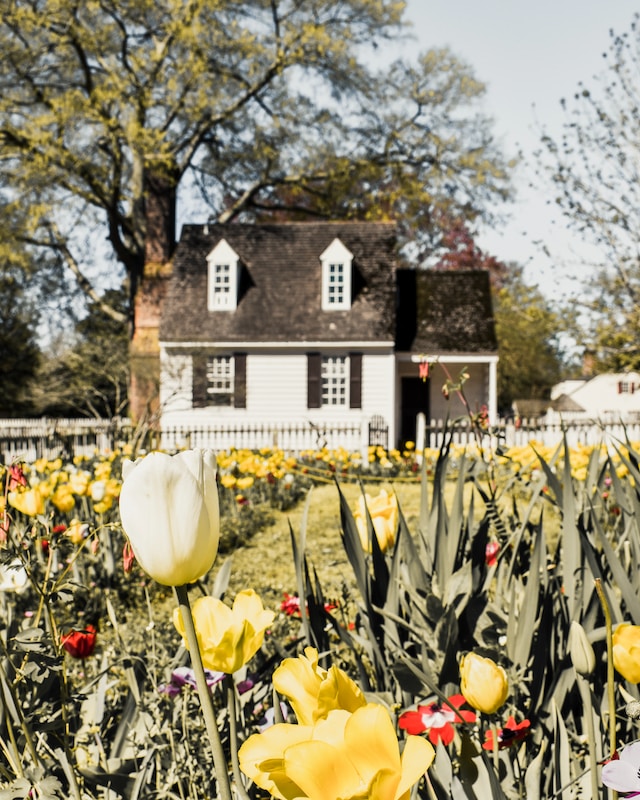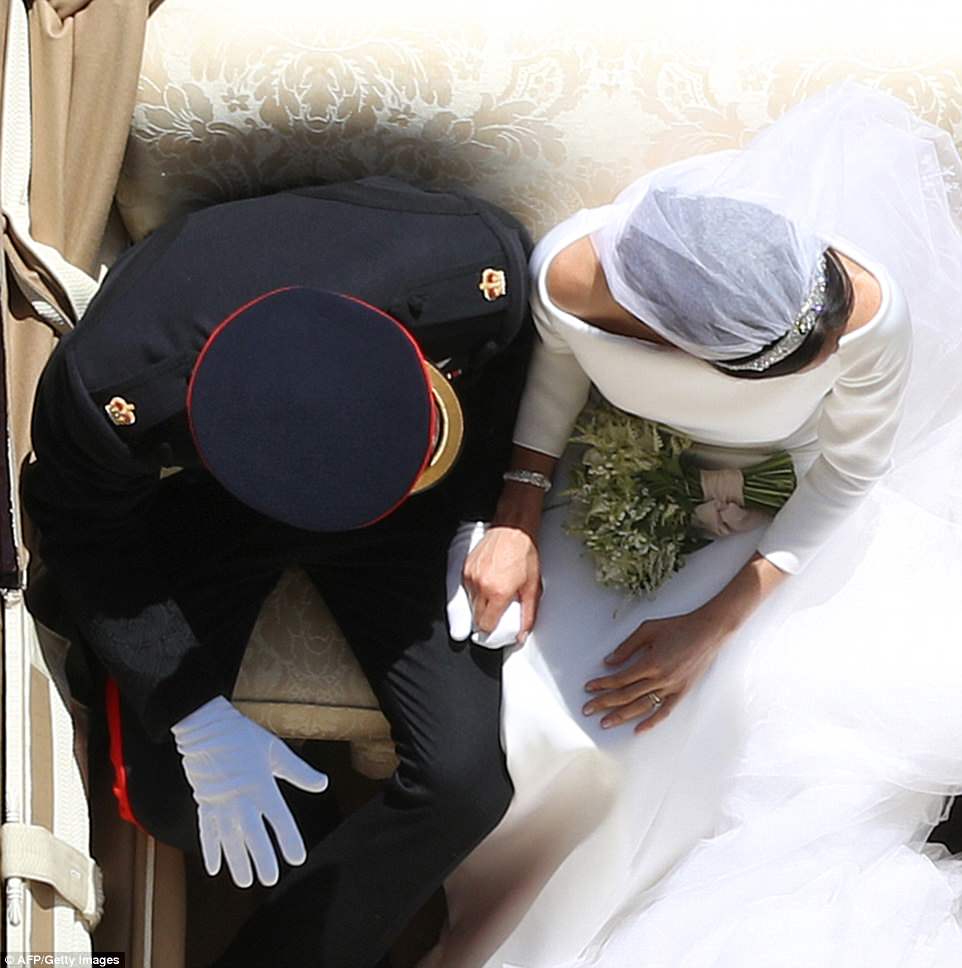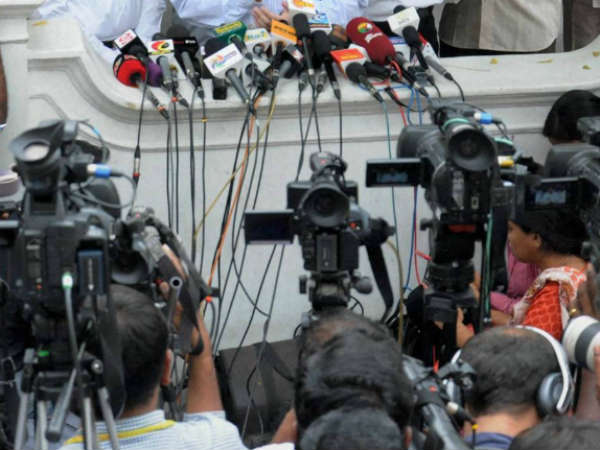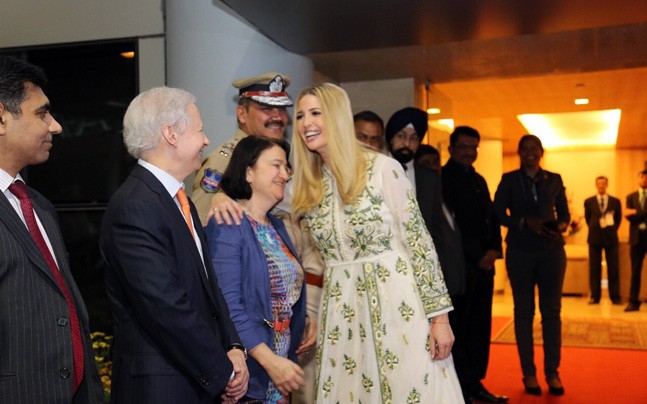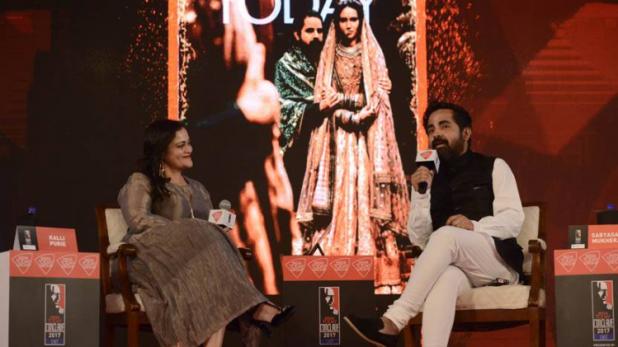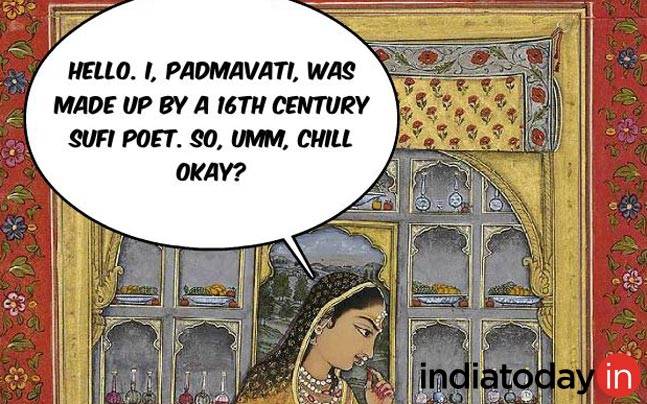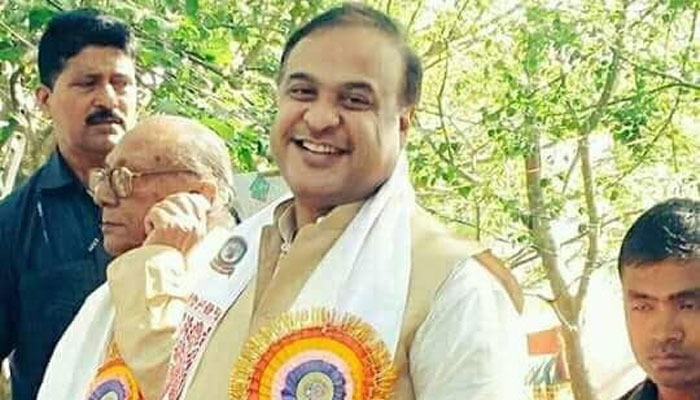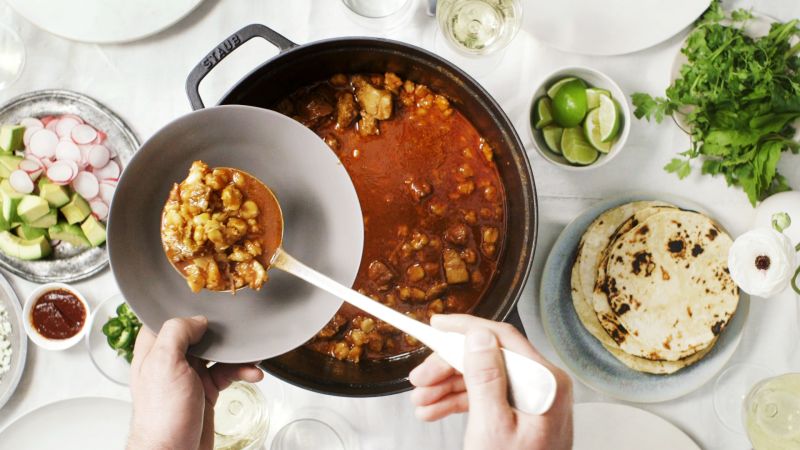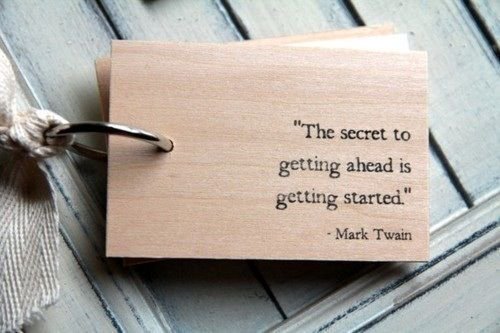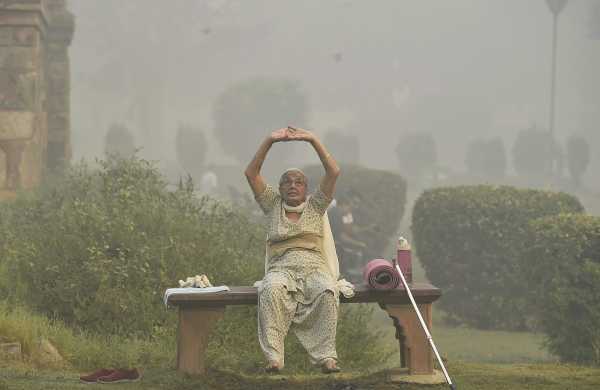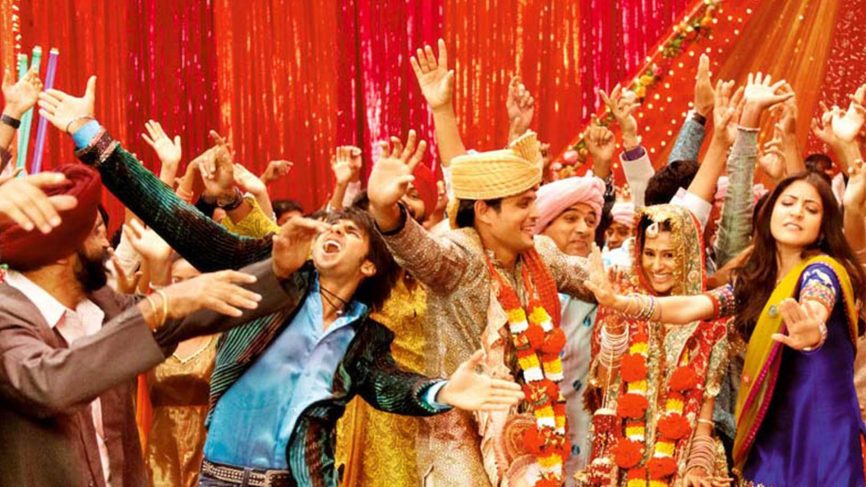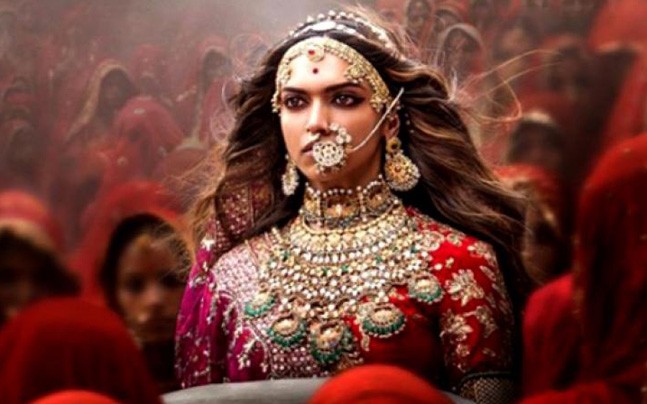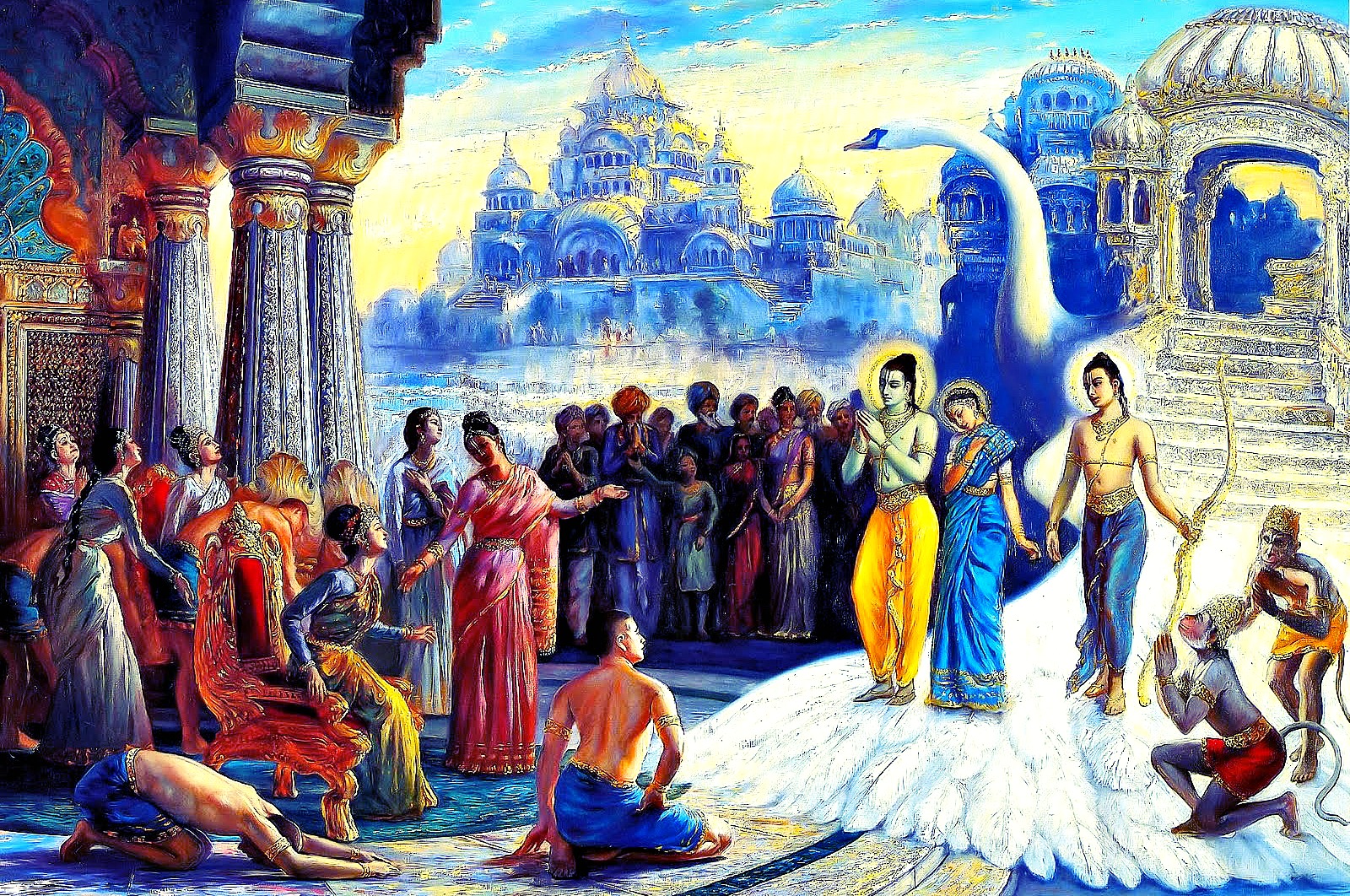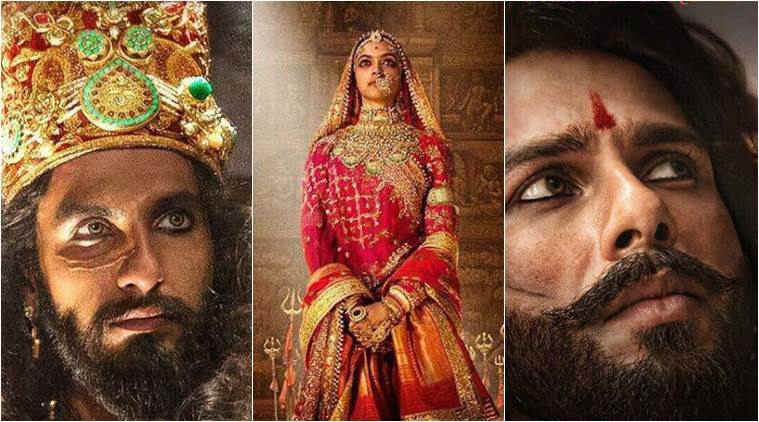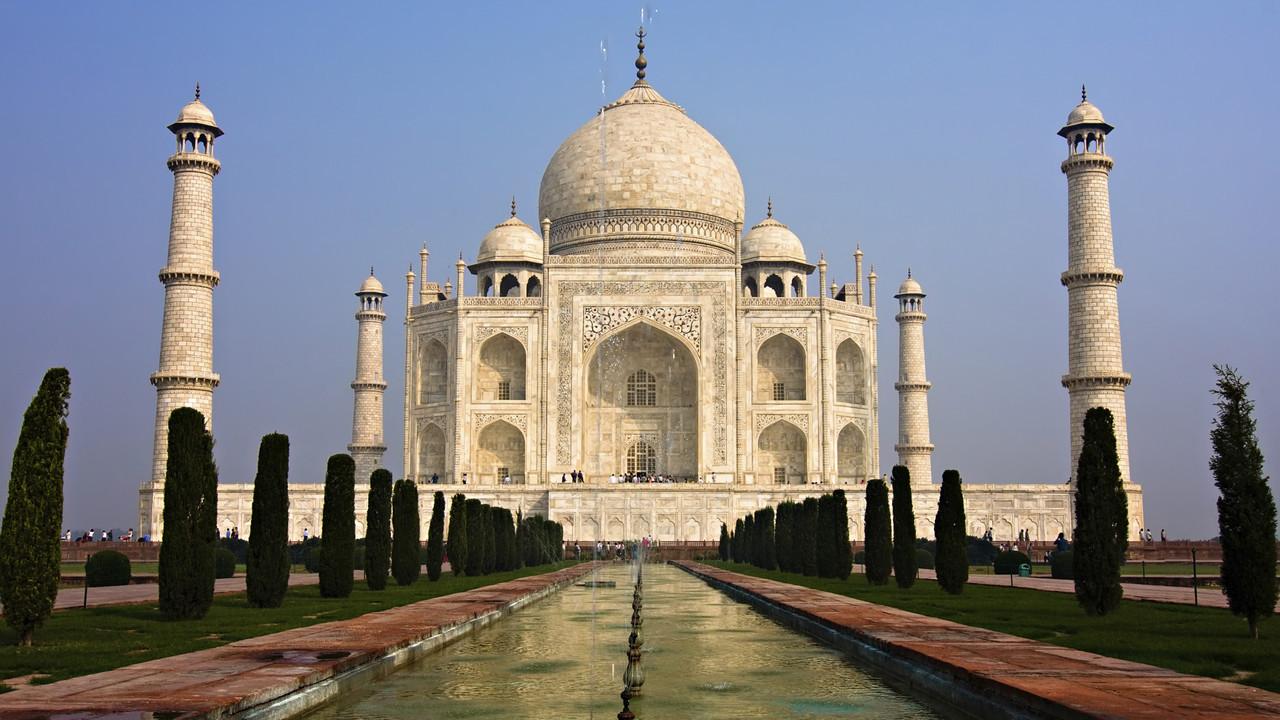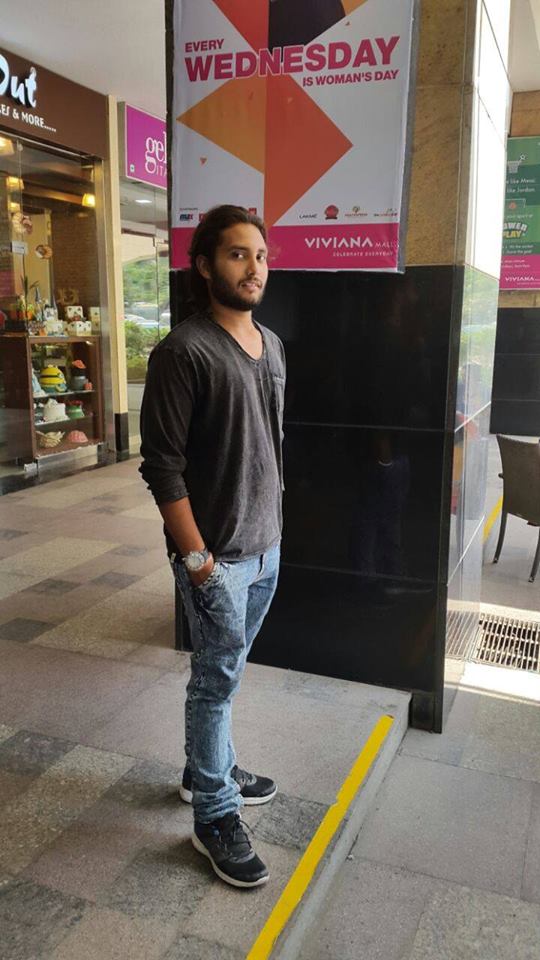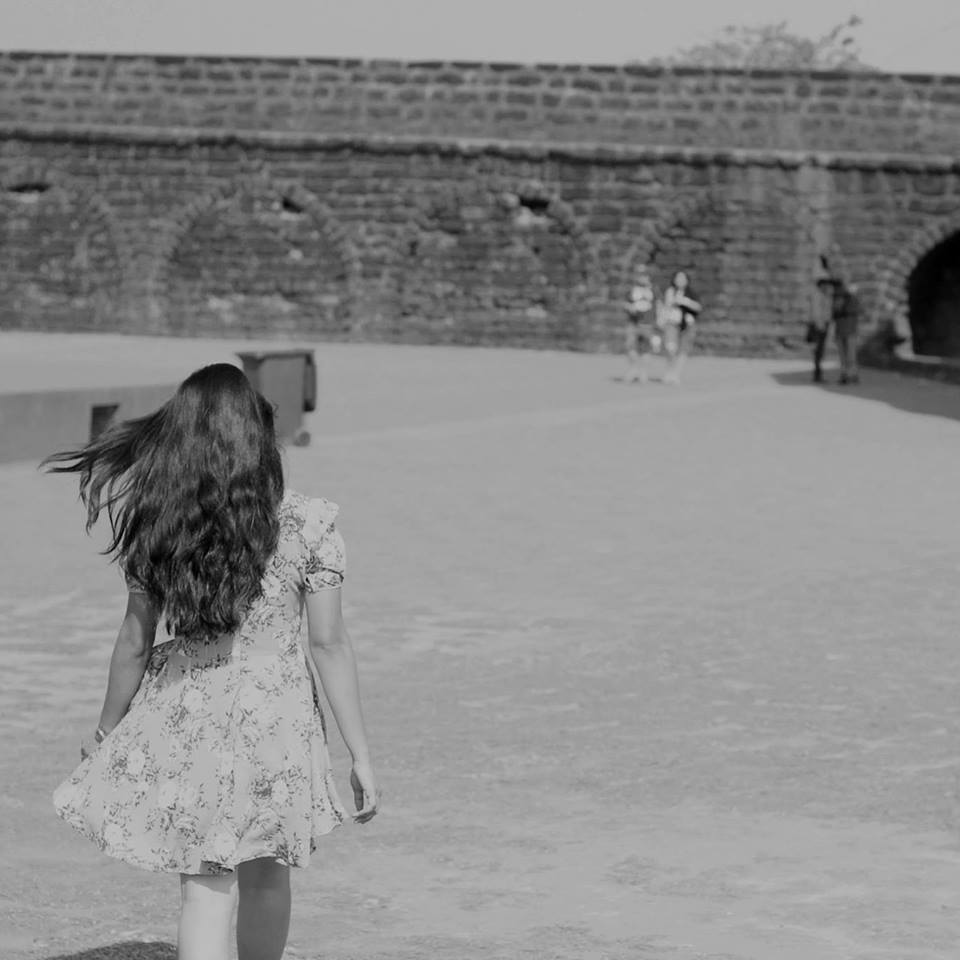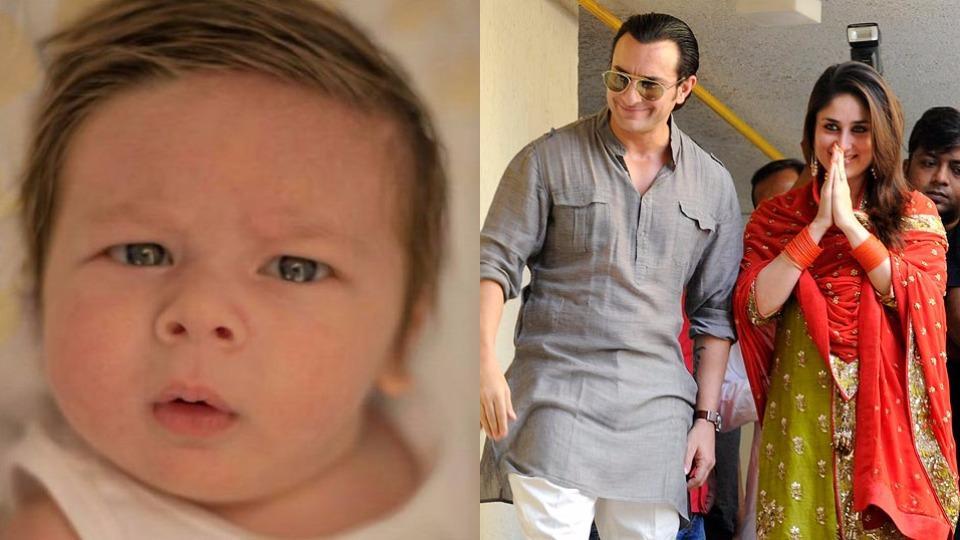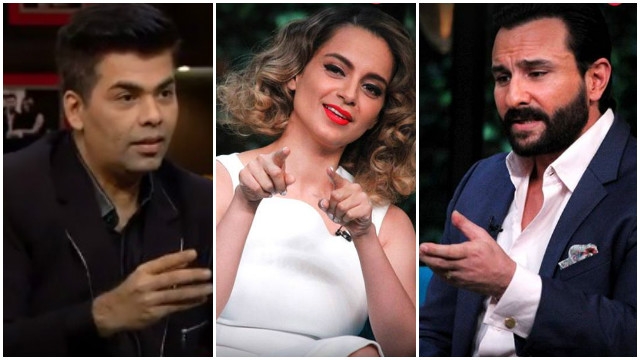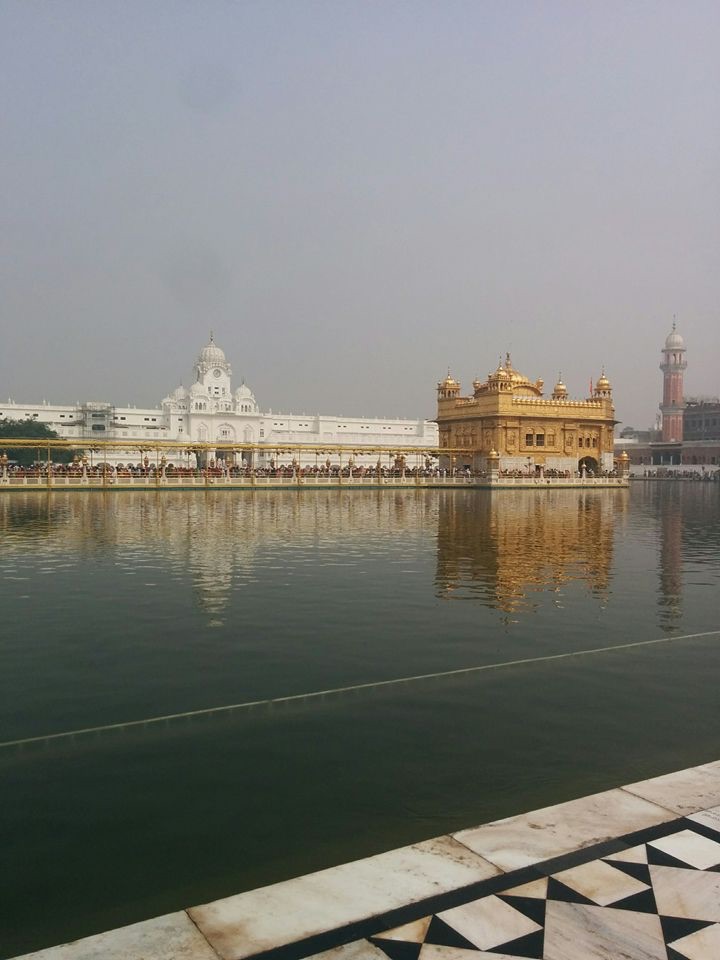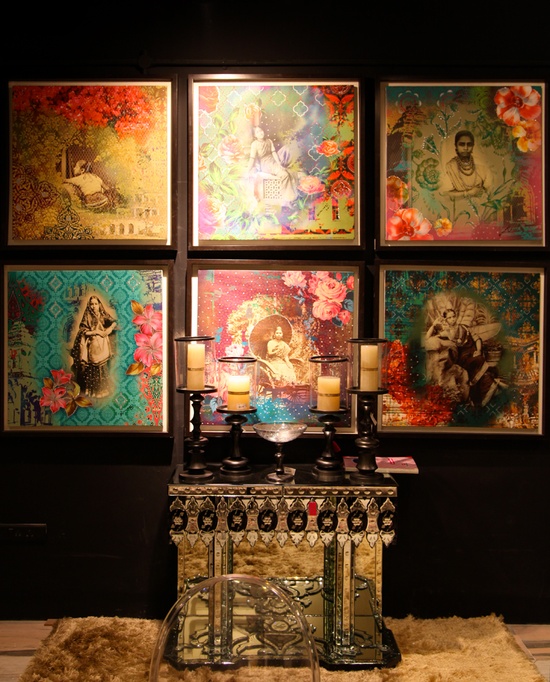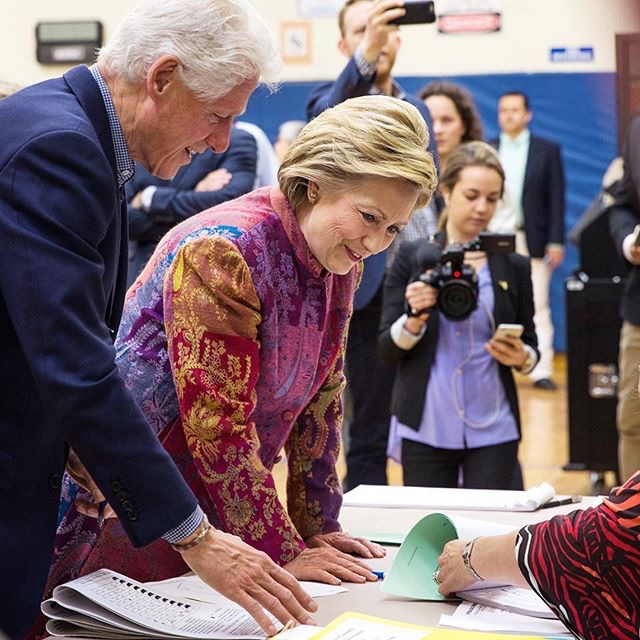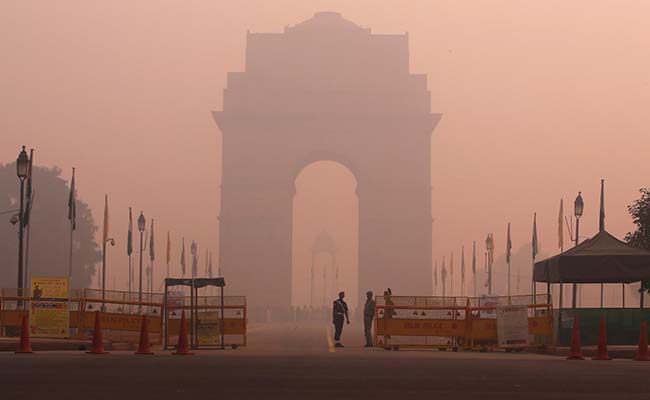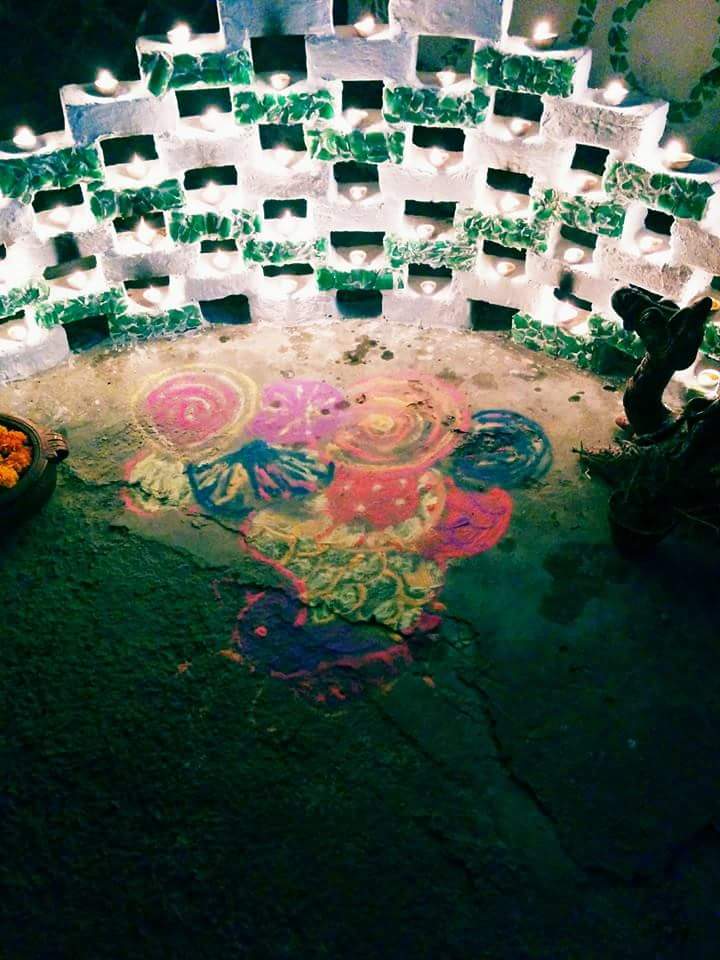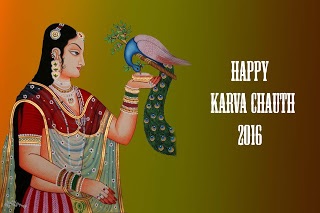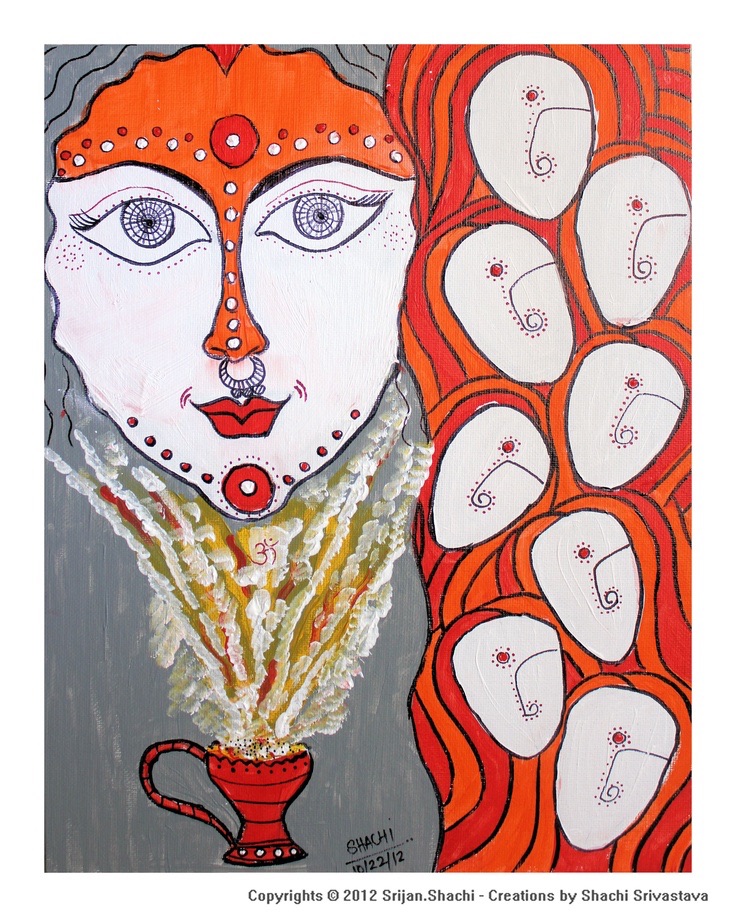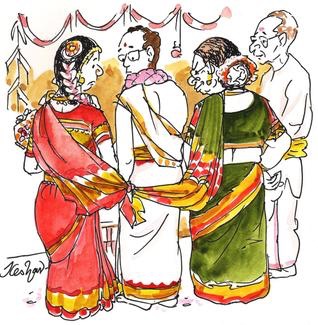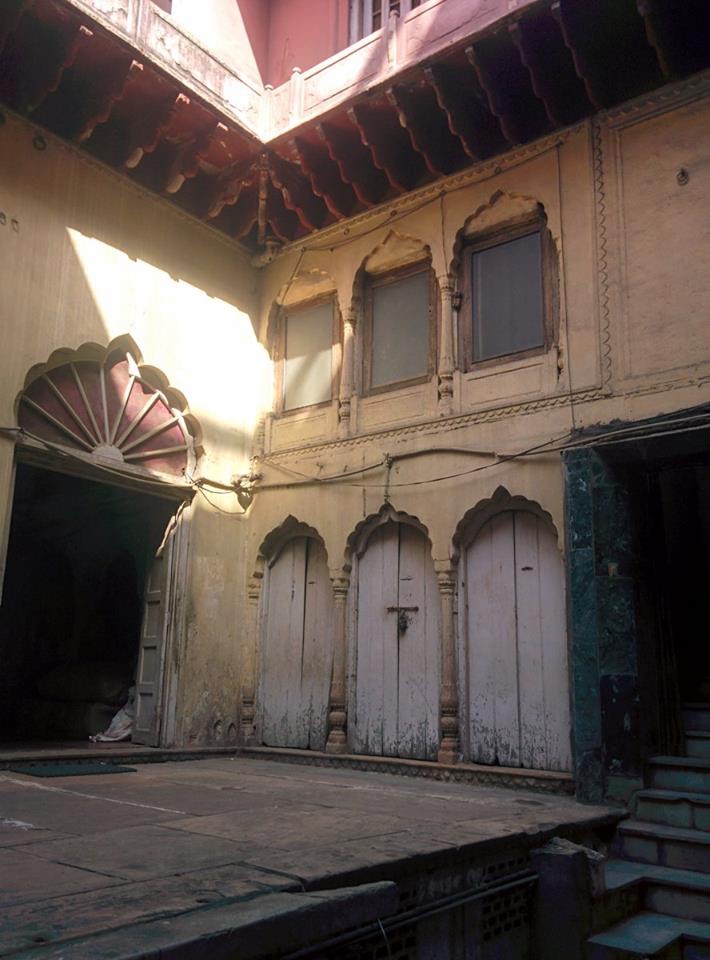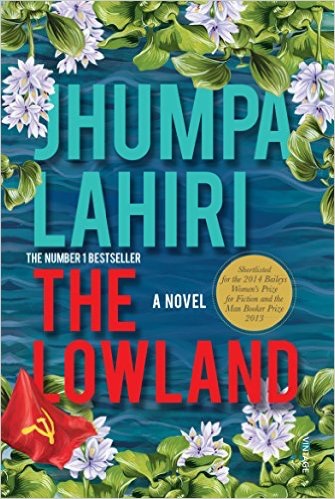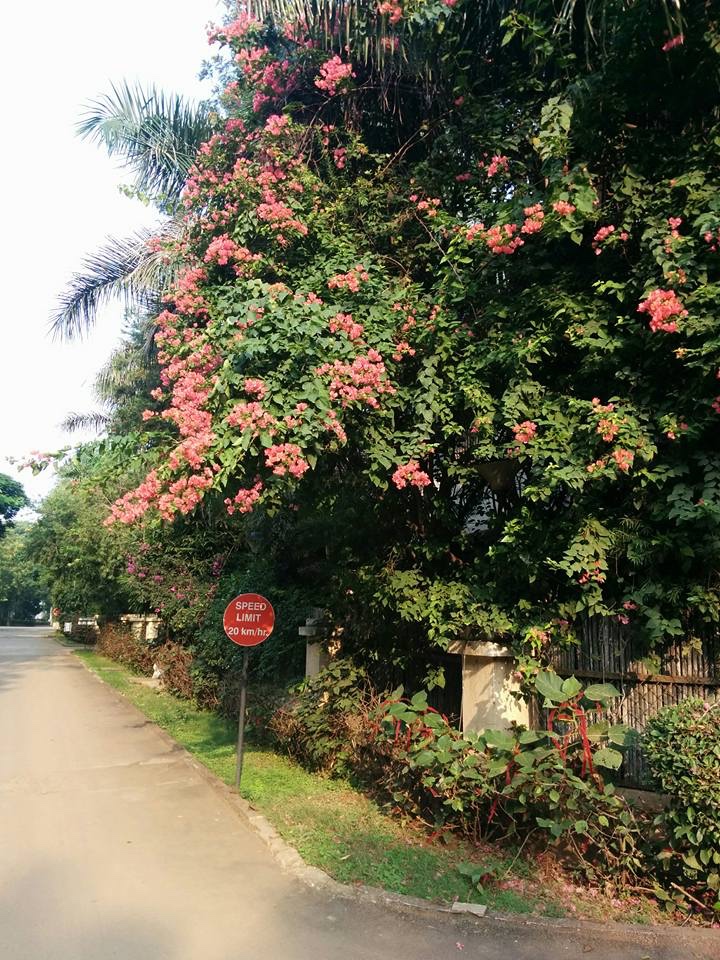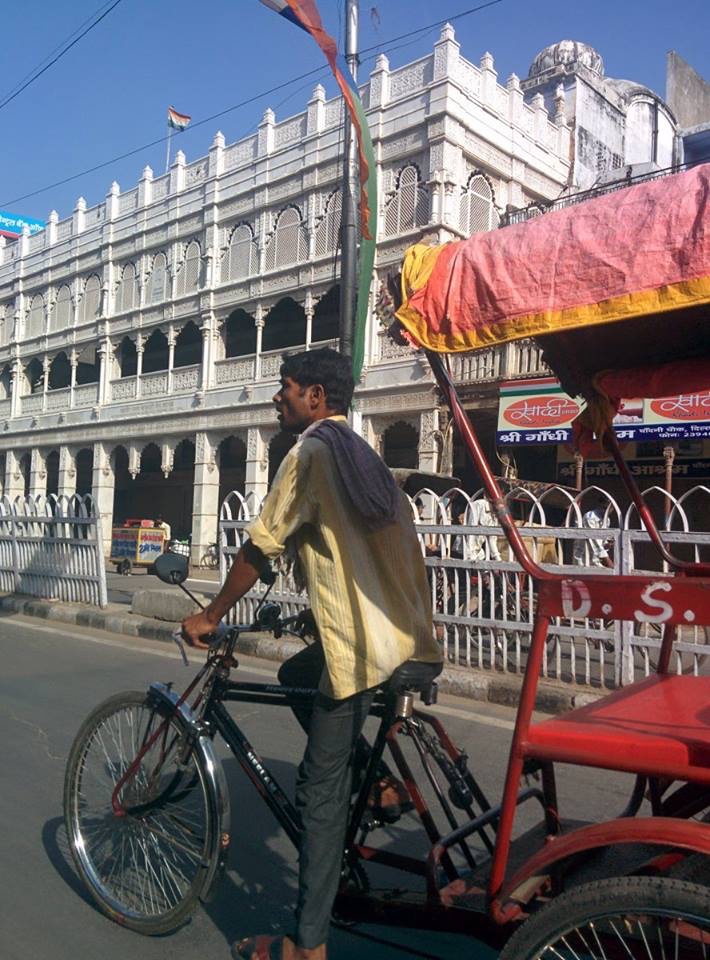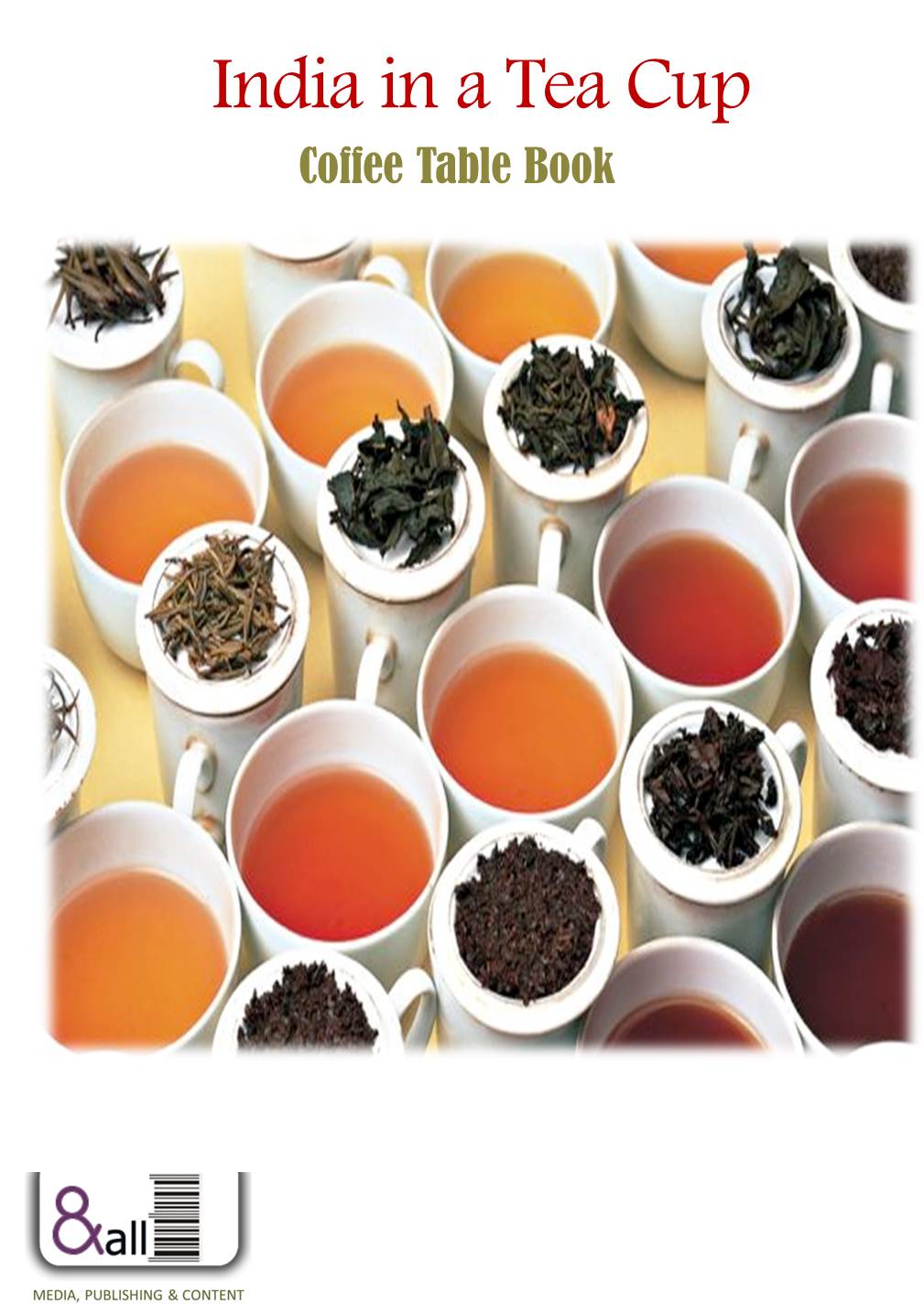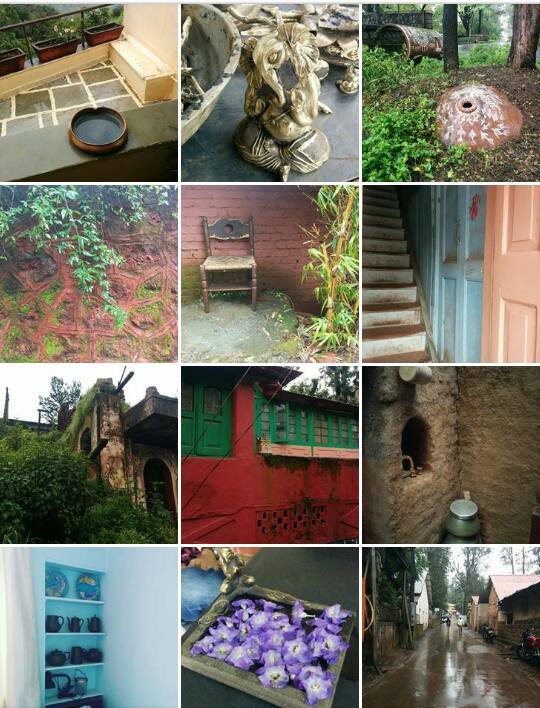
On the colourful, vibrant and varied festival landscape of India, there are many occasions lit up by folklore and mythical tales. Mahashivaratri is about one such God whom we all worship here in India, with much fervour – Lord Shiva. As a part of the Cosmic Trilogy or Trimurti of Indian Gods, Lord Shiva brings in a fun factor with stories galore of his strength, adventures and also his rage. In fact, his rage is one of his defining features because he is known as the destroyer who often steps in when all else has failed to contain evil. His firebrand nature is duly balanced by a magnanimous heart.
Mahashivaratri has a number of stories attached to its origin. I remember sitting in the courtyard almost every evening before dinner to listen to my grandmother as she churned out one tale after the other to entertain a crowd of children. We would listen in rapt attention, and only now do I realise the beauty of those evenings and the importance of the same. She chose to socialise with us rather than the adults, and there was no Facebook or Twitter to disrupt our sessions or take her away from us. One of the stories she told us was about the Samudra Manthan – a time when a pot of poison somehow made its way up to the surface of the ocean and threatened to spread through the entire land. The entire planet shook and trembled while no one from the Heavens dared to move a finger, because this poison was capable of destroying Gods and Goddesses too.
At the tipping point, it was Lord Shiva who came to the rescue of the world. He drank the poison, but held it in his throat instead of ingesting it – prompting his throat to go blue. And this is where he gets his name, Neelakantha. Mahashivaratri is said to be a celebration of this act of courage. People usually start the celebrations in the evening and continue through the night. There is another tale behind this too.
This one has to do with a mere mortal who went into the forest to collect some firewood, and lost his way as darkness fell. Growls of the jungle animals and the rustling of the shrubs nearby kept him awake all night. At one particularly scary howl from deep within the jungle, he quickly jumped up and climbed a tree. Yet, he knew he would have to stay awake all night long so that no animal could creep up and eat him. So he began to do what every good Indian would do in such circumstances – he chanted. He called out to Lord Shiva in his hour of turmoil and before he knew it, he had chanted Om Namah Shivay a thousand times. Yet, it was only early in the morning when also realised something else – as he had chanted, he had also let loose a leaf for each chant thanks to his trembling body. All these leaves had fallen on a Linga that sat right beneath the tree – a detail he had missed in the darkness. The Linga is the traditional phallus that we worship as Lord Shiva. Therefore, many people chant and offer these leaves to Lord Shiva on Mahashivaratri.
When I was growing up, the importance of Mahashivaratri was drilled into me thanks to the night long activities and basketfuls of leaves that would appear in the temple of our home. Fasting would culminate in a sumptuous meal at the end of the day. When I was 20, I was asked by the elders of the home to fast and offer 108 leaves (an auspicious number for Hindus) to the Linga for Mahashivaratri that year. I was given a small basket of these three clover leaves, and a small mortar and pestel of red sandalwood to create fresh red chandan. When I asked what I was to do, my grandmother gave me a conspiratory smile and said, “You, my precious jewel, are to take this little twig, swipe it through the red chandan and write Shri Raam on each leaf. It will work wonders, you will see!”
With that, she left. My almost meditative process began as I started to rub the ancient device that would produce the semi solid paste. I could only make a little at a time as it would dry up soon. As I chanted, I also rubbed, wrote and layered the Linga with the leaves. I wondered what I was asking for. I remembered being told sometime, in some story that Lord Vishnu had come down as Lord Rama in one of his ten avatars, and that Lord Shiva had followed as his biggest worshipper – Lord Hanuman. So basically, I was asking Lord Shiva for Lord Rama? Then, it dawned on me – I was asking for a husband like Lord Rama. I was asking for a husband.
My hand had stopped mid air and my chanting paused. I was astounded by the sudden discovery. Of course I knew talk of my marriage happening sooner than later had started in the family. I had been ribbed endlessly at two recent events about how I was next. But this was suddenly approaching me like a fatality I could not avoid – such was my faith and belief in the system of prayer, worship and festivities followed at home.
I returned to my task, not just because I had no way of rebelling – but because I knew I would eventually have to get married. So, I might as well put my fate in the hands of the God who gulped a pot of poison to protect us all. I decided he would do what was best for me.
I chanted fervently and lost all track of time. I was fasting yet I was not hungry. I was praying for someone who would match step with me and understand me. I was praying to understand him so that we would build a life based on love, trust and conviction in each other. And more than anything else, I prayed for courage to share my life with the said person and make my own identity in the midst of it all. I prayed for the little girl in me and her dreams to stay alive. As I chanted, I thought of all the stories of valour, courage and generosity that I had heard about Lord Shiva.
As I prayed, I realised that all the tales my grandmother had told me resonated in my ears, mind and heart until all the characters merged and there, from the core of my faith, emerged a character with all the features of someone who would protect me, destroy for me, and create the perfect life for me. And with all that, I found the conviction to match step and do the very same for him. Yet, I also knew that I would protect myself, destroy anything that stood in the way of my happiness, and create my own happiness.
For better or for worse, I decided as I chanted.
The following month, I met a young man of a warrior lineage. We were engaged within a matter of months.
At the engagement, my grandmother winked at me and said, “Told you it would work – his name is one of the thousand names of Lord Shiva!”
For better, or for worse!













